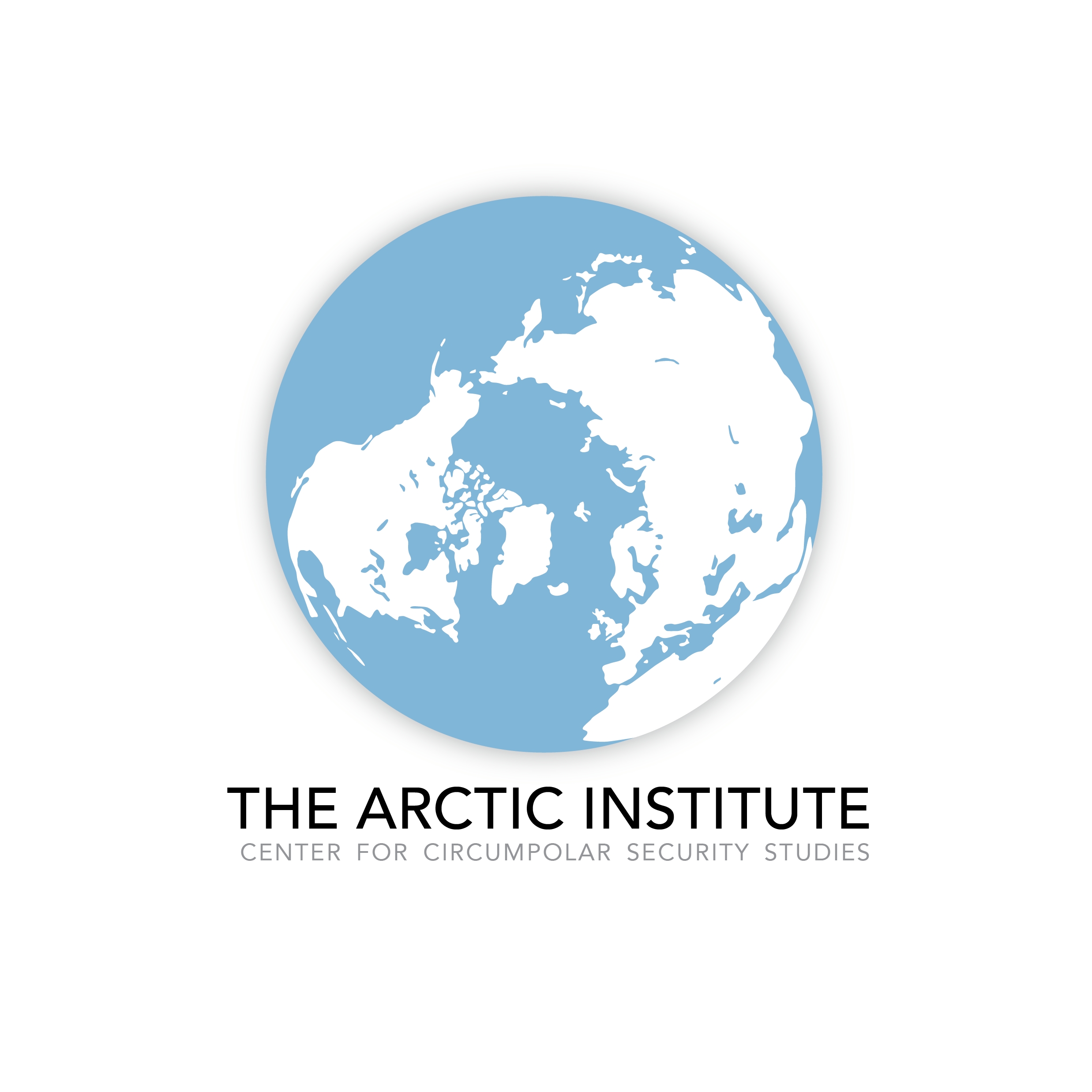The Arctic Institute is searching for Contributors!
The Arctic Institute is pleased to announce that we are accepting abstracts for the 2026 Cryosphere Series.
The Arctic is warming almost four times faster than the global average, while the Third Pole (encompassing the Hindu Kush Himalaya) is home to a significant number of glaciers experiencing comparable pressure from climate change. The framing of cryospheric research often as polar research leaves other “frozen commons” and the multiplicity of cryospheric spaces beyond the Arctic, Antarctic, and Third Pole out in the cold. These under-researched cryospheric spaces, experiencing profound physical, cultural, and spiritual transformations, would benefit from increased geographic diversity and interdisciplinary scholarship that draws on locally rooted knowledge, community-led approaches, and innovative perspectives that may not fit traditional polar research frameworks. Building on the Arctic’s increasingly interdisciplinary and community-driven approach to research, this series invites dialogue on how research honed in polar regions can inform and connect with other frozen environments.
In this series, we aim to broaden the scope of cryospheric research by asking: How can research on the cryosphere be more geographically inclusive? What opportunities exist for greater cross-disciplinary research on the cryosphere? How might the humanities and arts support a richer understanding of the cryosphere?
We welcome submissions that explore, but are not limited to, the following themes:
- Perspectives from cryospheric/mountain communities, with an emphasis on those residing outside of the Arctic or who have been underrepresented in the polar research space
- Avenues for collaborative research and knowledge sharing across cryospheric/mountain communities in and outside of the Arctic
- Novel, interdisciplinary, or culturally informed methods for studying glaciers, ice, and frozen landscapes
With this series, we hope to showcase a wide variety of authors with different backgrounds, perspectives, and experiences. We welcome contributors from any discipline or education level. Contributors can submit a commentary (a 700-800 word short opinion or analysis piece), an article (a 1,000-3,000 word analysis), or a multimedia contribution (we have published videos, audio, infographics, and poetry) focusing on the current dynamics and future prospects of Arctic collaboration. As a note, articles may be academically-oriented publications for a general audience, policy-oriented analyses, or personal narrative form.
If you are interested in contributing, please submit an abstract of no more than 300 words, as well as a short paragraph about yourself, to the series managers, Seira Duncan (s.duncan_@hotmail.com) and Mariel Kieval (mariel.kieval@thearcticinstitute.org), and TAI’s editorial team Alina Bykova (alina.bykova@thearcticinstitute.org) and Anthony Heron (anthony.heron@thearcticinstitute.org) by December 15, 2025, 23:59 EST.
You can read more about the Arctic Institute here at www.thearcticinstitute.org and specifically about submissions here. In addition to our web-based publications, we have a weekly newsletter of over 5,000 subscribers from 90+ countries and average hundreds of thousands of web-publication hits each month.
